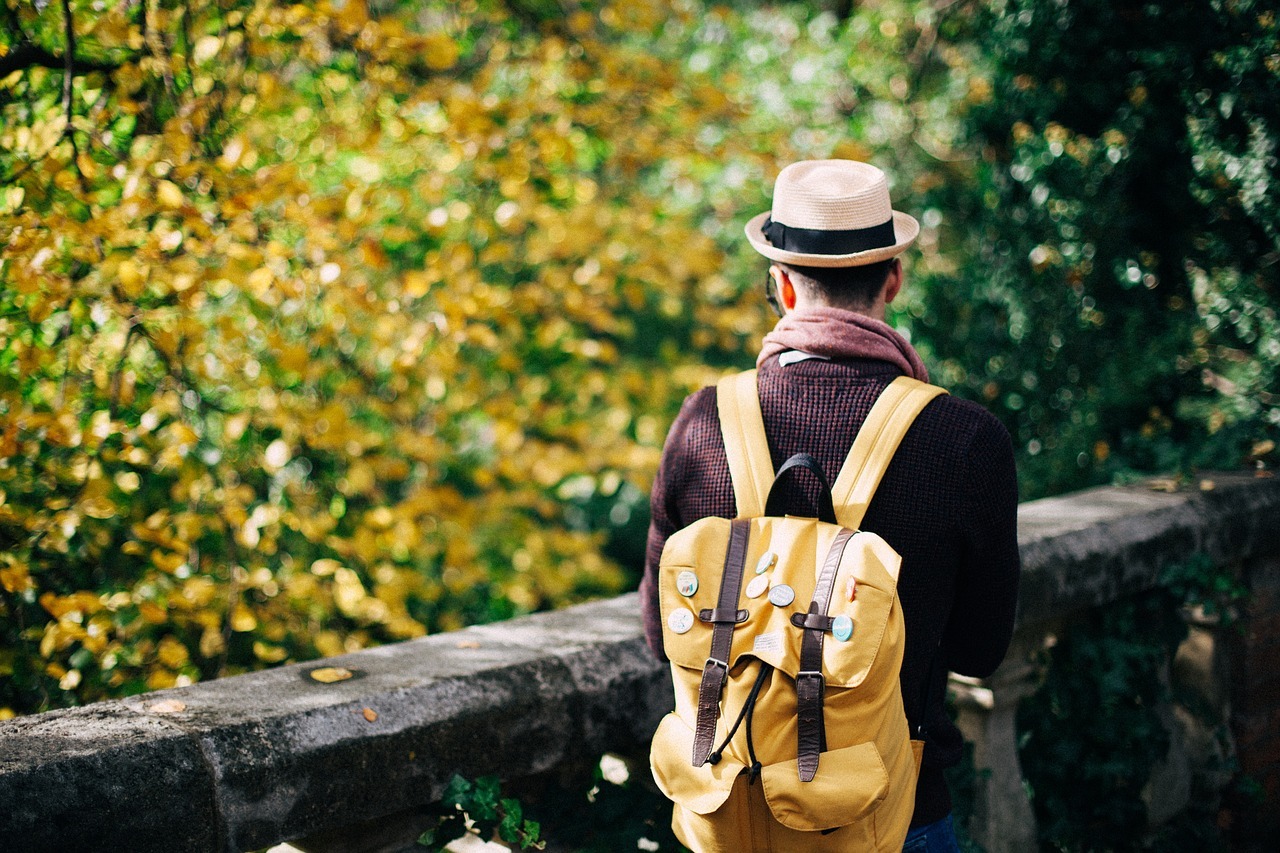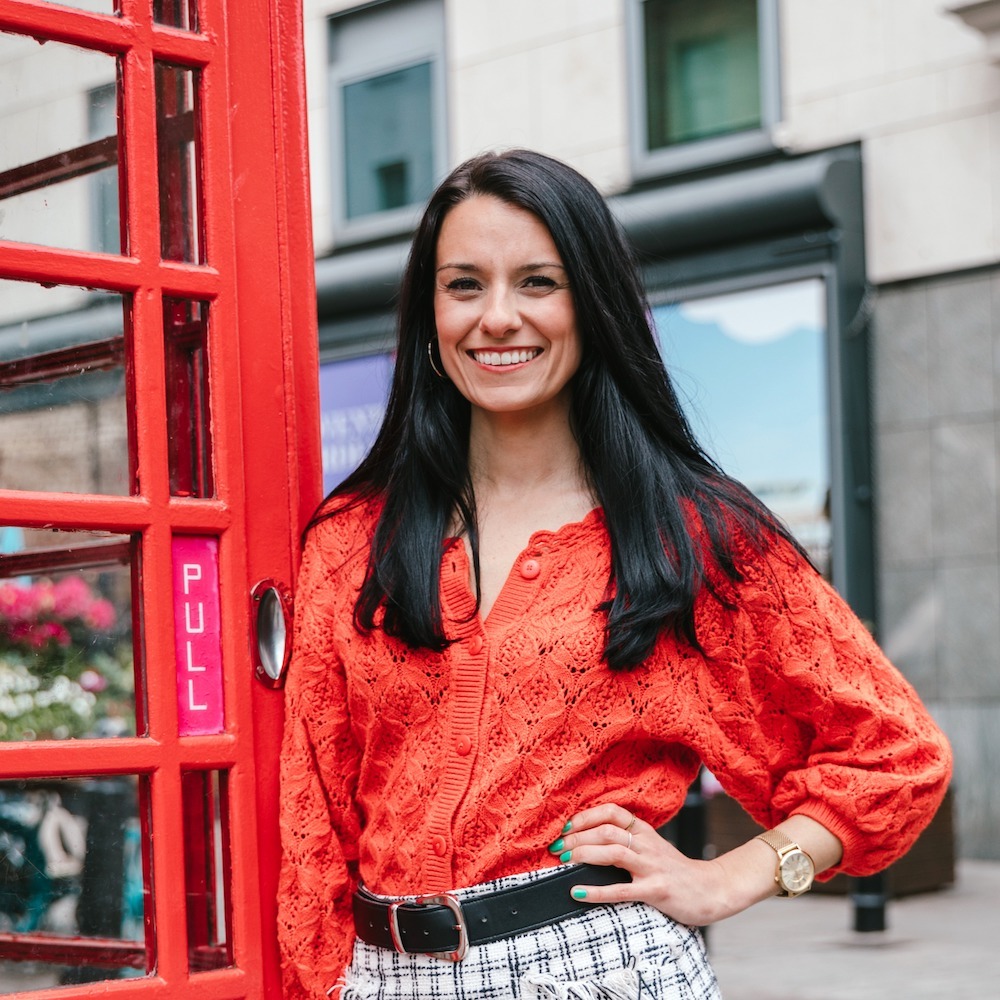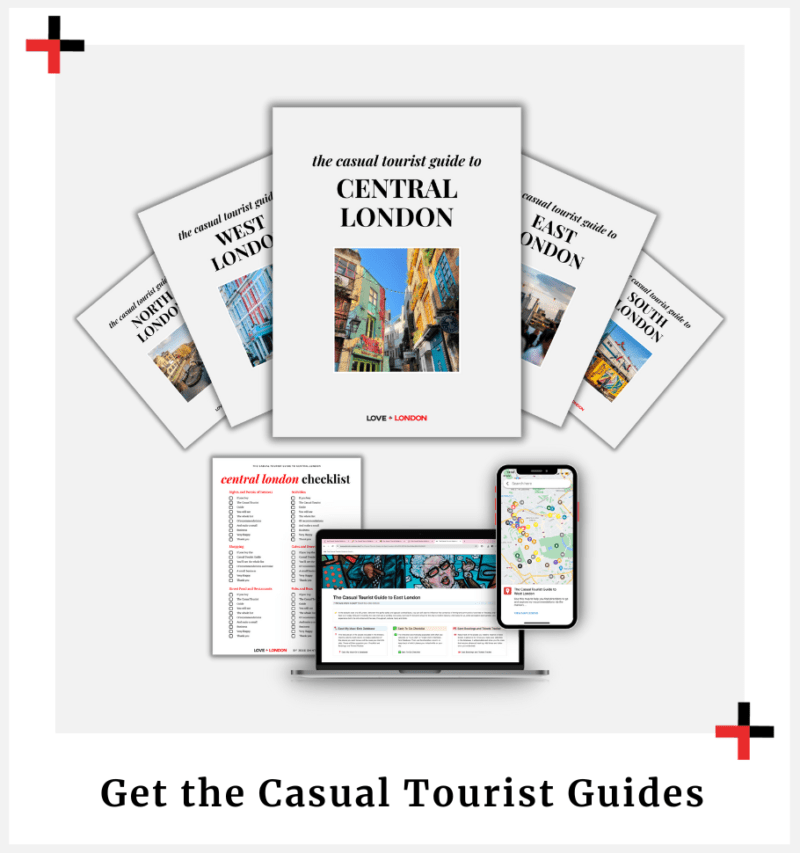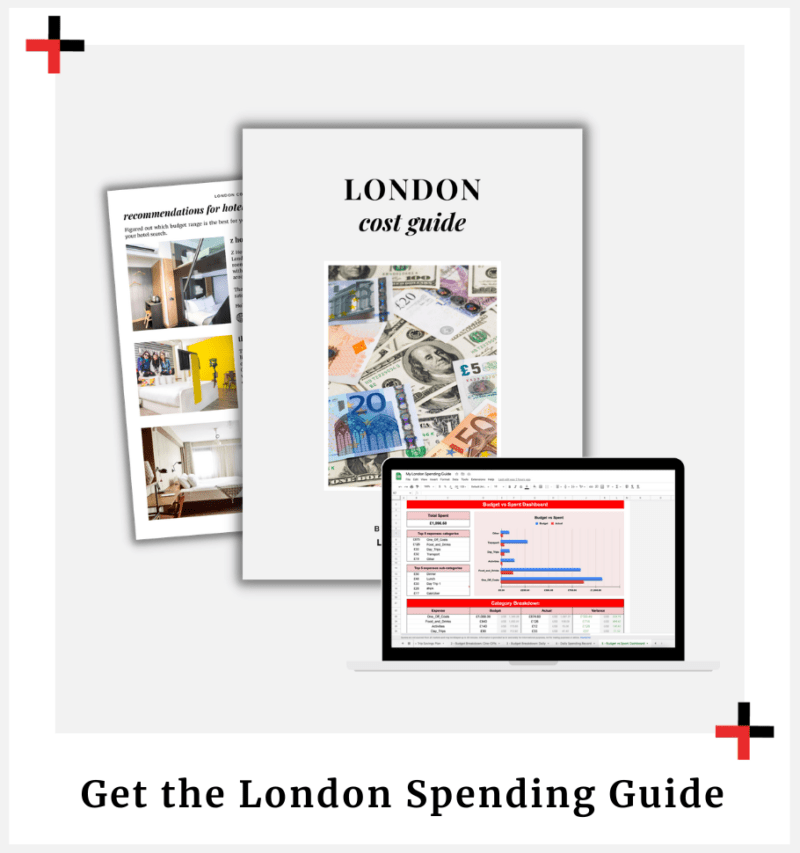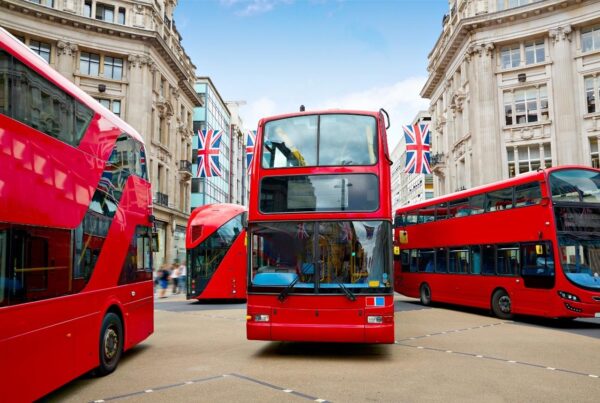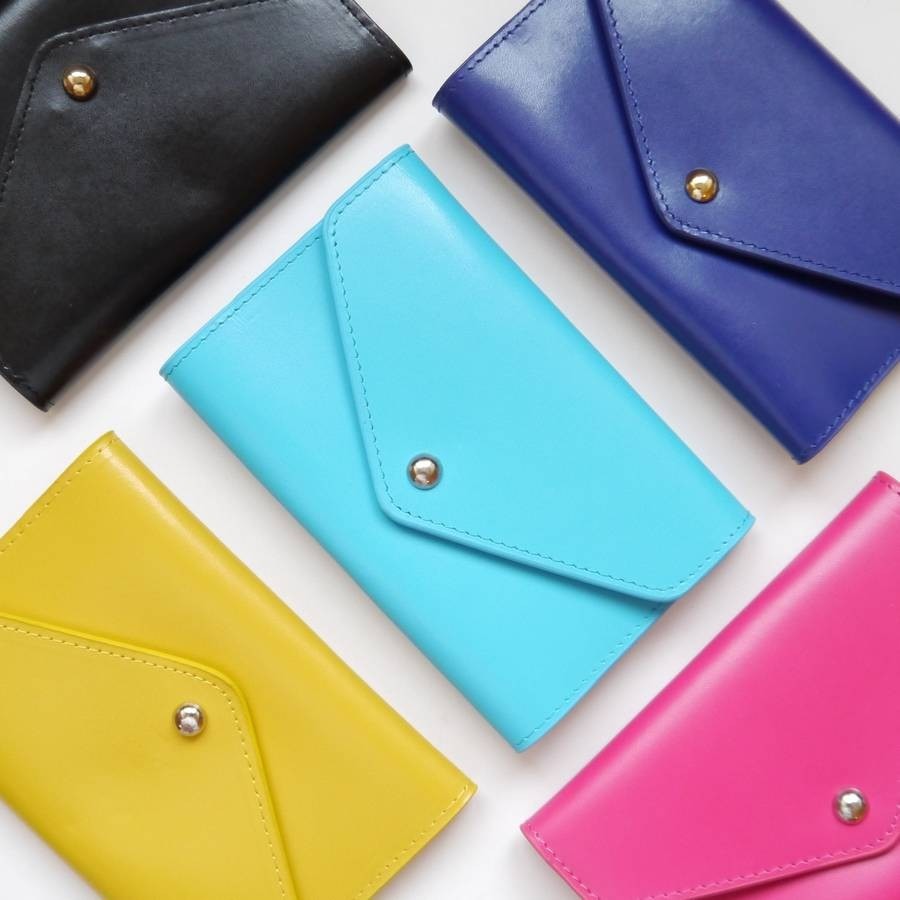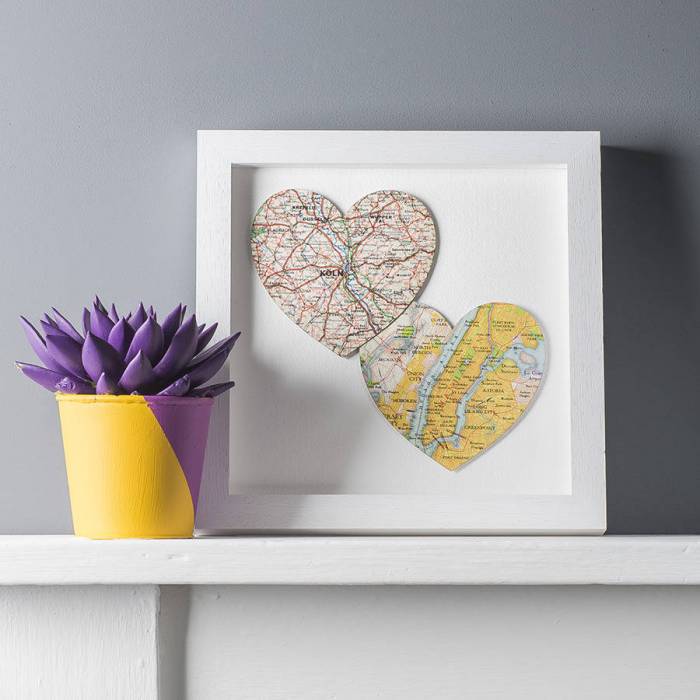Cameras, Kindles, expensive iPhones… we’ve become people who bring a lot of expensive things with us when we travel. Let’s talk about how to keep those important and valuable items safe when you’re away from home.
Check your travel insurance coverage
Before you leave for your trip, make sure you get travel insurance that covers your valuables. Some policies can be purchased with “gadget coverage” for things like phones and cameras, and there are also options to cover passport loss, travel money, and more. Having this insurance can help to cover the cost of replacing valuable items if they break or get stolen.
Bring as little with you as possible
You’re going to be out and about exploring for many hours every day, so there’s no reason to bring your Kindle, laptop, AND iPad with you. Bring as little valuables as possible on your trip, and anything that you consider irreplaceable shouldn’t come with you.
Trust me, you’ll thank me if you end up getting robbed or lose your bag.
Put important items in your carry-on bag
When you’re flying, never put your important and valuable items in your checked bag. They’re then vulnerable to getting stolen out of your bag, or your bag could be lost forever by the airline.
This includes important documents like hotel reservations and visa papers. Those need to be in your carry-on and with you at all times.
Read next: 8 Chic Pieces of Carry-on Luggage To Ditch Old Faithful For
Lock up valuables in your room
Leave your valuables and passport in your hotel room’s safe, or if you’re in a hostel, lock up ALL of your stuff in the hostel locker, even if you trust everyone who you’re in the room with. Hostellers– make sure you bring your own lock with you as most lockers require your own padlock.
Remember that safes and lockers can vary significantly in size, another reason to bring as little valuables as possible with you.
Take as little as possible with you when out and about
If you’re heading out of your hotel room to do an activity and you most likely won’t be using your phone, then don’t bring it. Having as little valuables as possible on you means that if you lose your bag or get robbed, it won’t be too big of a deal.
For example, when I’m traveling, I never bring my camera out with me in the evenings. I most likely won’t get any nice photos since it will be dark, and I would be so upset if it was stolen.
Only take some cash and one card out
I recommend taking two credit cards with you when you go abroad, but lock one up in your room and keep that as your backup card. That way, if you wallet is stolen when you’re out and about, you’re not stuck without a way to get emergency money.
Same deal with cash– don’t bring all of it out with you, just small increments. If you’re traveling in a group, spread the cash out between all of you. If someone gets pickpocketed, then they only get a small bit of your cash and maybe one of your cards, but not everything that your whole travel group is relying on. This is also a great way to give your kids some fiscal responsibility.
Get a money belt (maybe)
Many people who travel like to get a hidden pouch that they can put their important documents and cash into, which they then wear under their clothes. I personally have never done that, but it may be the option you’d feel most comfortable with.
Instead, I always wear a purse that can zip closed so no sneaky hands can get into it, and I always hold tight to the strap (or wear it across my body) so it’s harder to grab in a drive by.
Be careful of pockets
Don’t ever put anything in your back pocket, including your wallet or phone, as it’s super easy for someone to take it without you noticing.
If you have to do pockets, opt for the front ones. Also, don’t put anything valuable in outside pockets of bags or backpacks.
Should you carry your passport with you?
Different countries have different rules for what visitors need to have for ID when they’re out and about. Do your research to see what the law is, and unless they require you to carry your passport, then lock it up at your accommodation. It’s too easy for someone to grab it when you’re out and about, even when you think you’re being careful.
Bring another form of ID, like a drivers license, or a passport card, in case you run into the authorities or you need ID for an activity or to go out in the evenings.
